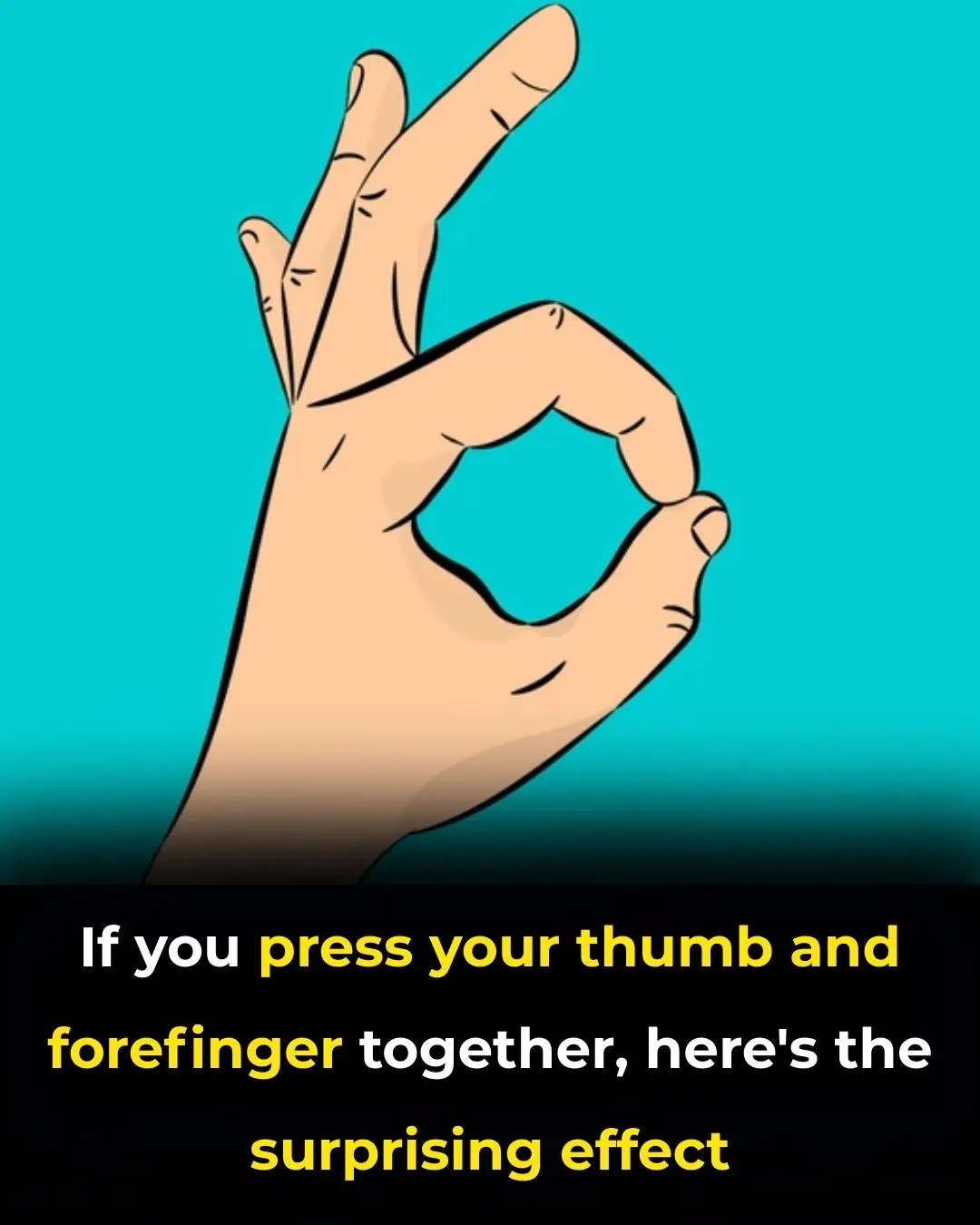
Air Conditioner Blowing Only Air but Not Cooling? Here’s How to Fix It Without Calling a Technician
When your air conditioner is running but only blowing air without producing cool air, it can be frustrating—especially during hot summer days. Surprisingly, this problem is often not due to a major mechanical failure, but rather because of dust and dirt accumulation in key components of your air conditioner. With the right approach, you can restore cooling efficiency without the need to call a technician.
Why Your AC Blows Air but Doesn’t Cool
The primary reason an air conditioner blows warm or room-temperature air instead of cooling effectively usually comes down to clogged filters and dirty cooling coils. Here’s why:
-
Dirty air filters:
-
Dust, pollen, and other debris accumulate on the filter over time.
-
This reduces airflow, forcing the AC to work harder while delivering less cooling.
-
Studies show that a heavily clogged filter can reduce cooling efficiency by up to 1% per week, and increase electricity consumption by 5–15%.
-
-
Dirty evaporator and condenser coils:
-
About 70% of AC performance issues originate from dirt on these coils.
-
Dust on the fan, aluminum fins, and air vents restricts airflow and reduces heat exchange, making the unit blow only air instead of cool air.
-
-
Blocked or leaking drainage:
-
Accumulated dirt and dust can also block water drainage from the evaporator coil, reducing cooling efficiency.
-
Over time, this can lead to leaks or even damage to the system if not addressed.
-
How Often Should You Clean Your AC?
-
Homes with daily use: Every 3–4 months
-
Homes with occasional use: Every 6 months
-
Commercial spaces, restaurants, factories: Monthly, due to higher dust exposure and frequent usage
Regular cleaning prevents dirt accumulation, reduces energy consumption, and extends the lifespan of the air conditioner.
Step-by-Step Guide to Cleaning Your AC Filter at Home
Cleaning your air conditioner filter is simple and can often solve the problem of “air blowing but not cooling.” Follow these steps:
-
Turn off the power:
-
Unplug the AC or turn off the circuit breaker to ensure safety.
-
-
Open the front panel:
-
Carefully remove the air filter. Most units have two mesh filters.
-
-
Clean the filter:
-
Use a soft brush and water to gently remove dust and debris.
-
Avoid scrubbing too hard to prevent damage.
-
-
Dry the filter:
-
Pat dry with a clean cloth or let it air dry completely before reinstalling.
-
Wipe other accessible areas like vents, aluminum fins, and fan blades with a dry brush or cloth.
-
-
Reinstall the filter and close the panel:
-
Ensure everything is securely in place.
-
-
Test the AC:
-
Turn it on and check if cooling has improved.
-
If it still blows only air, professional service may be required to clean the evaporator or condenser coils, check refrigerant levels, or inspect the fan motor.
-
Additional Tips to Keep Your AC Efficient
-
Regular maintenance: Cleaning the filter every few months keeps your AC efficient and prolongs its lifespan.
-
Protect the outdoor unit: Avoid direct sunlight or placing objects that block airflow around the condenser.
-
Do not overload the AC: Avoid setting extremely low temperatures when the room is hot, as this increases energy use and strain on the system.
-
Check for leaks: Water or refrigerant leaks reduce cooling capacity and can damage the system if not addressed promptly.
Why Cleaning Saves Money
Not only does a clean air conditioner cool better, it also reduces energy bills. A dirty filter and clogged coils make the compressor work harder, consuming more electricity. By maintaining your AC, you avoid extra energy costs, reduce wear and tear, and prevent future expensive repairs.
Conclusion
In most cases, when your air conditioner blows only air but not cold air, the solution is simple: clean the filter and inspect the coils. Proper maintenance every few months can restore cooling, lower electricity usage, and extend the life of your AC. Only if cleaning doesn’t solve the problem should you call a professional technician for more in-depth inspection.
By following these steps, you can ensure your AC is always running efficiently—keeping your home cool, energy costs low, and your AC in top condition.
News in the same category

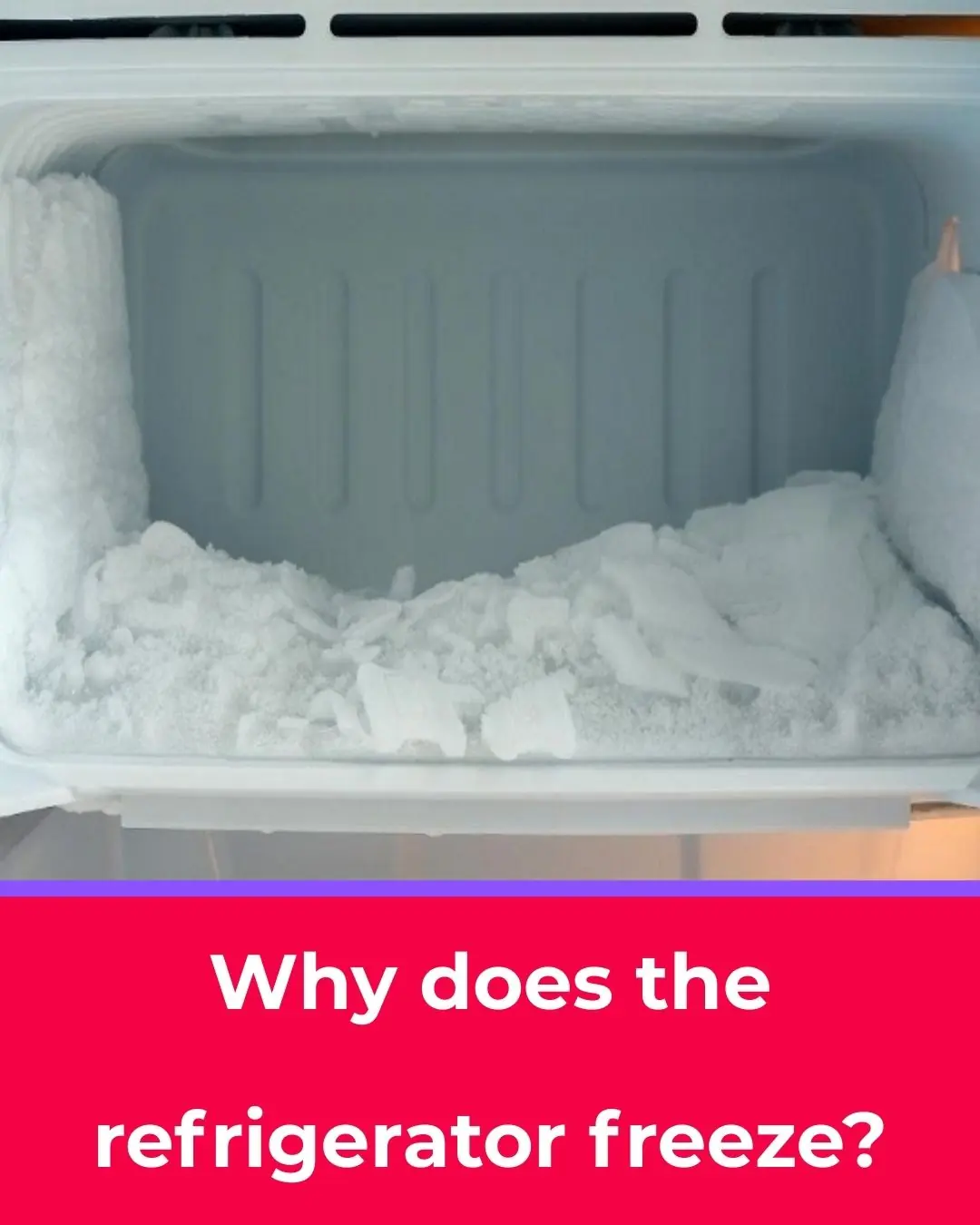
Why Does Your Refrigerator Frost Over and Does It Increase Electricity Consumption?

How to Grow Potatoes Easily from Sprouted Tubers and Enjoy Them All Year Round
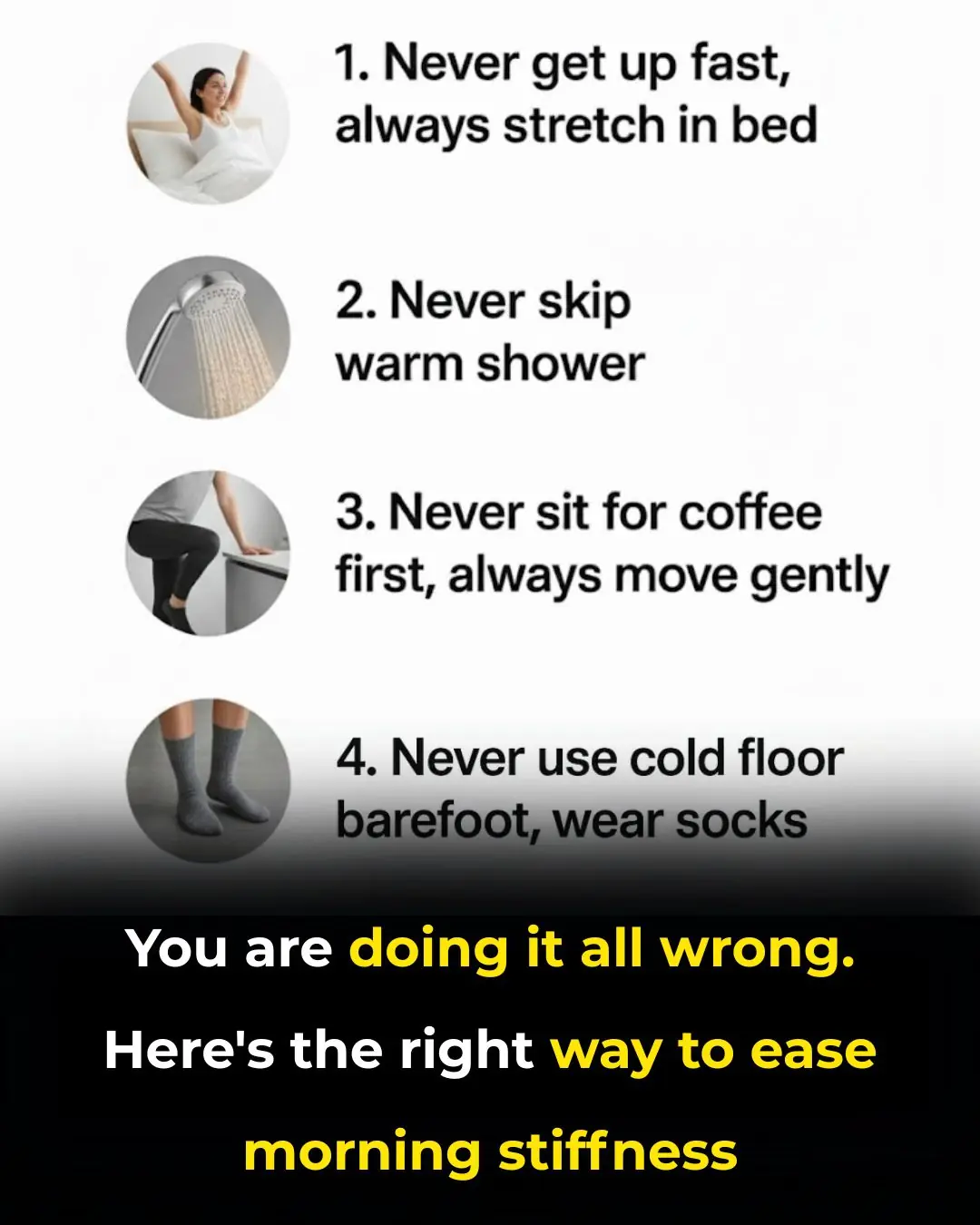
You are doing it all wrong. Here’s the right way to ease morning stiffness
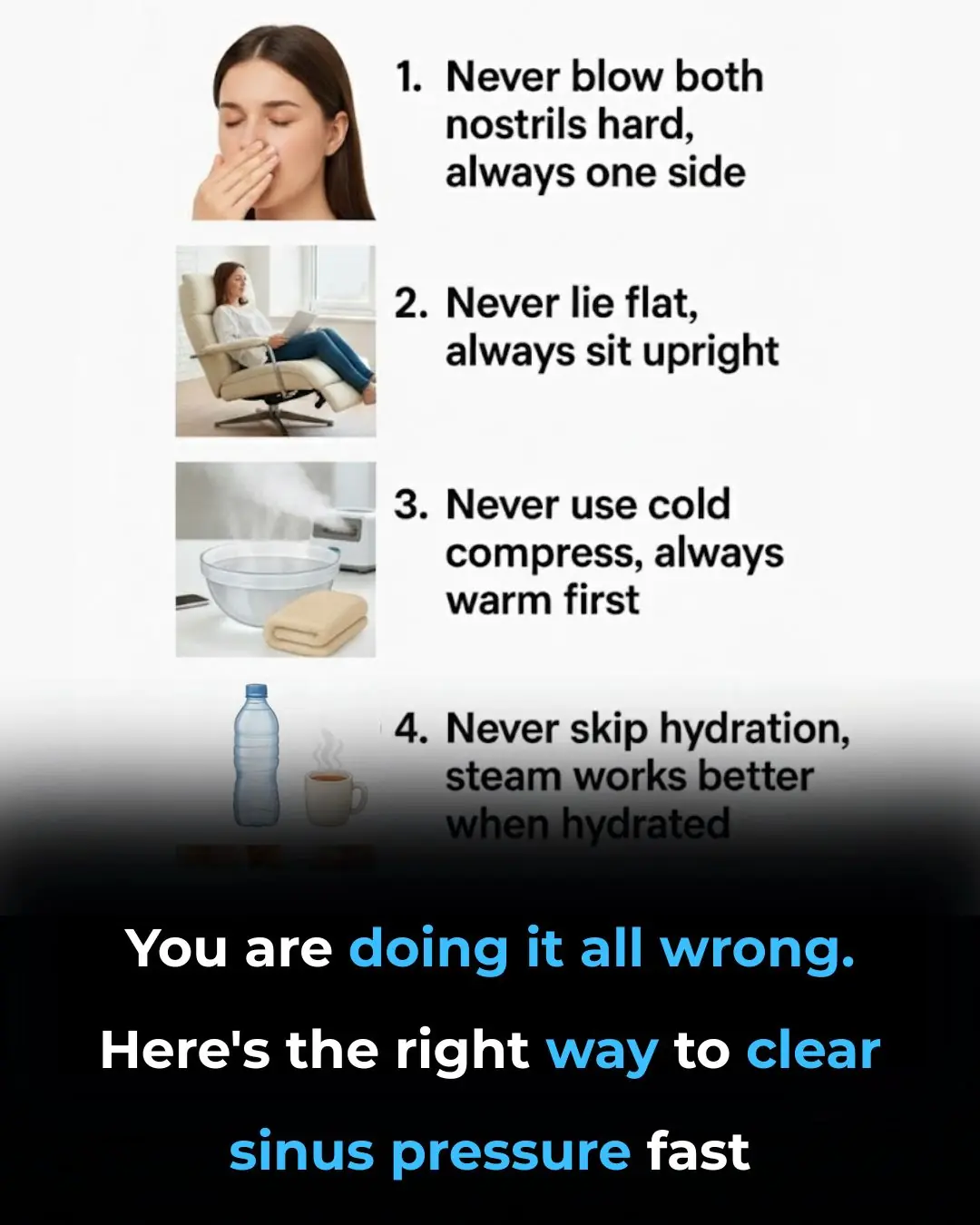
You are doing it all wrong. Here’s the right way to clear sinus pressure fast
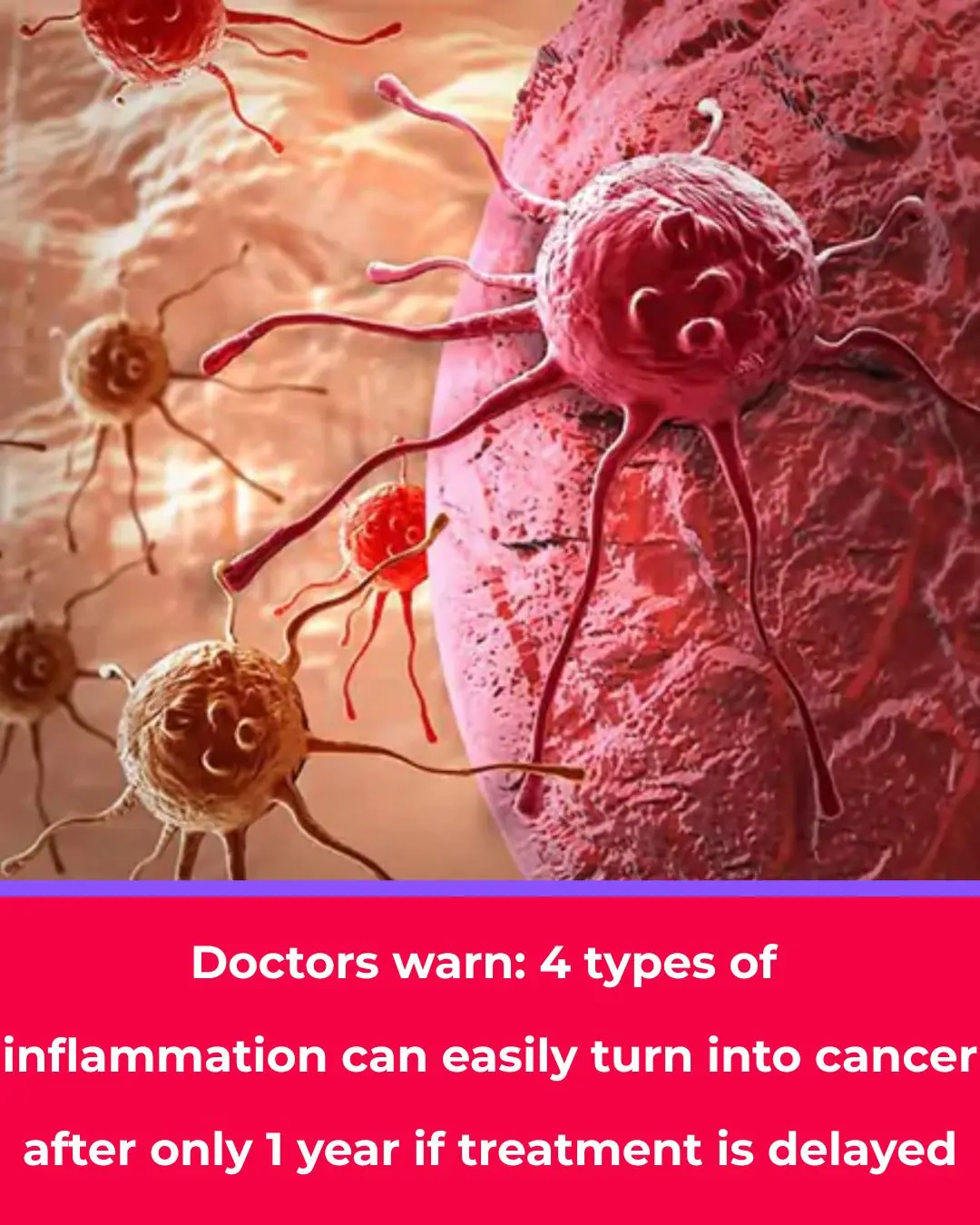
Doctors Warn: 4 Types of Inflammation That Can Turn Into Cancer Within a Year If Left Untreated

**Garlic Skins Are Not Trash — Don’t Throw Them Away Yet!

There are too many geckos in the house, give you some tips to make them 'once gone and never come back'
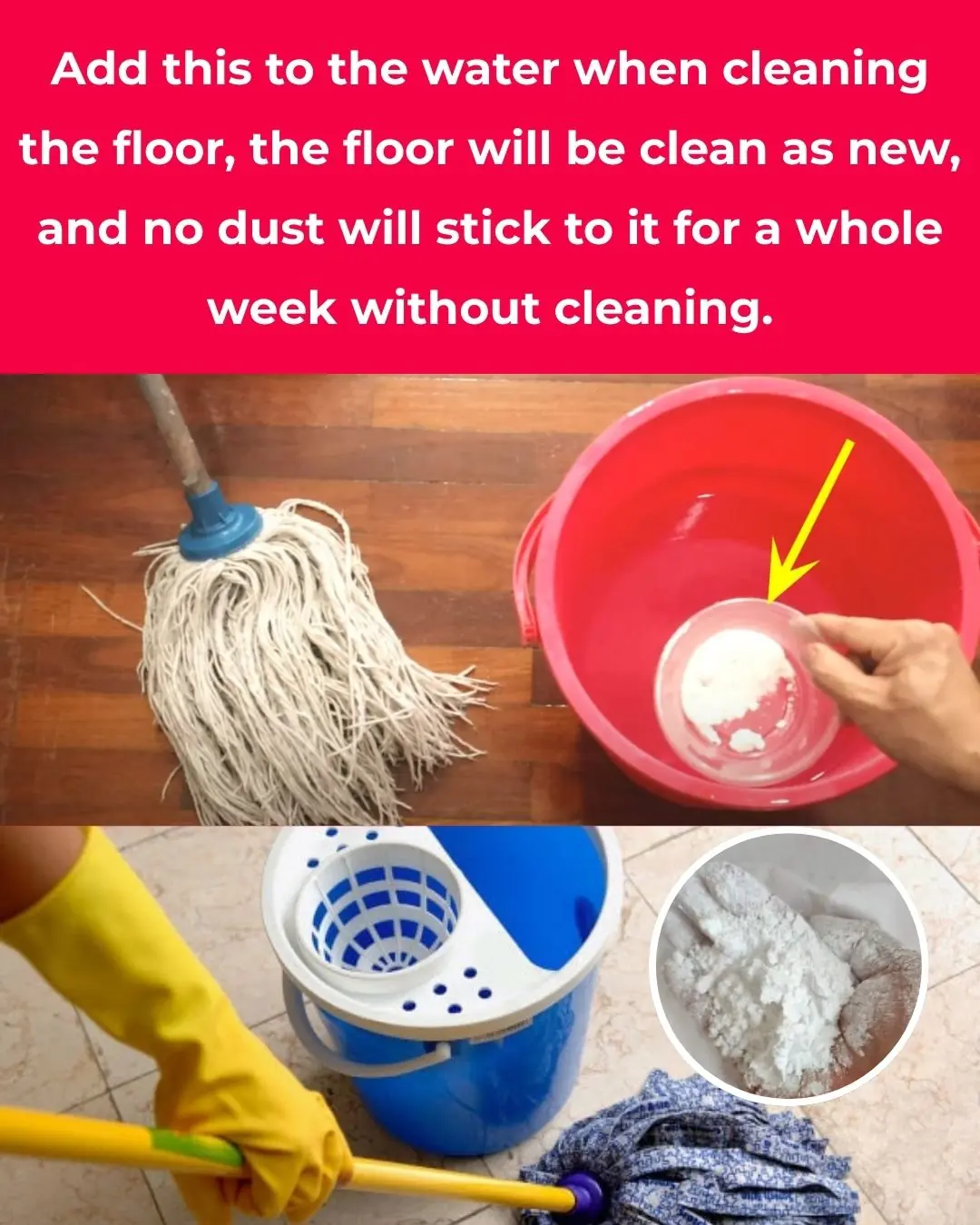
When cleaning the house, add this to the water and the floor will be as clean as new

How to boil chicken until it's soft and sweet

Washing your hair with rice water helps your hair get rid of dandruff

Experience growing tomatoes in fruitful pots
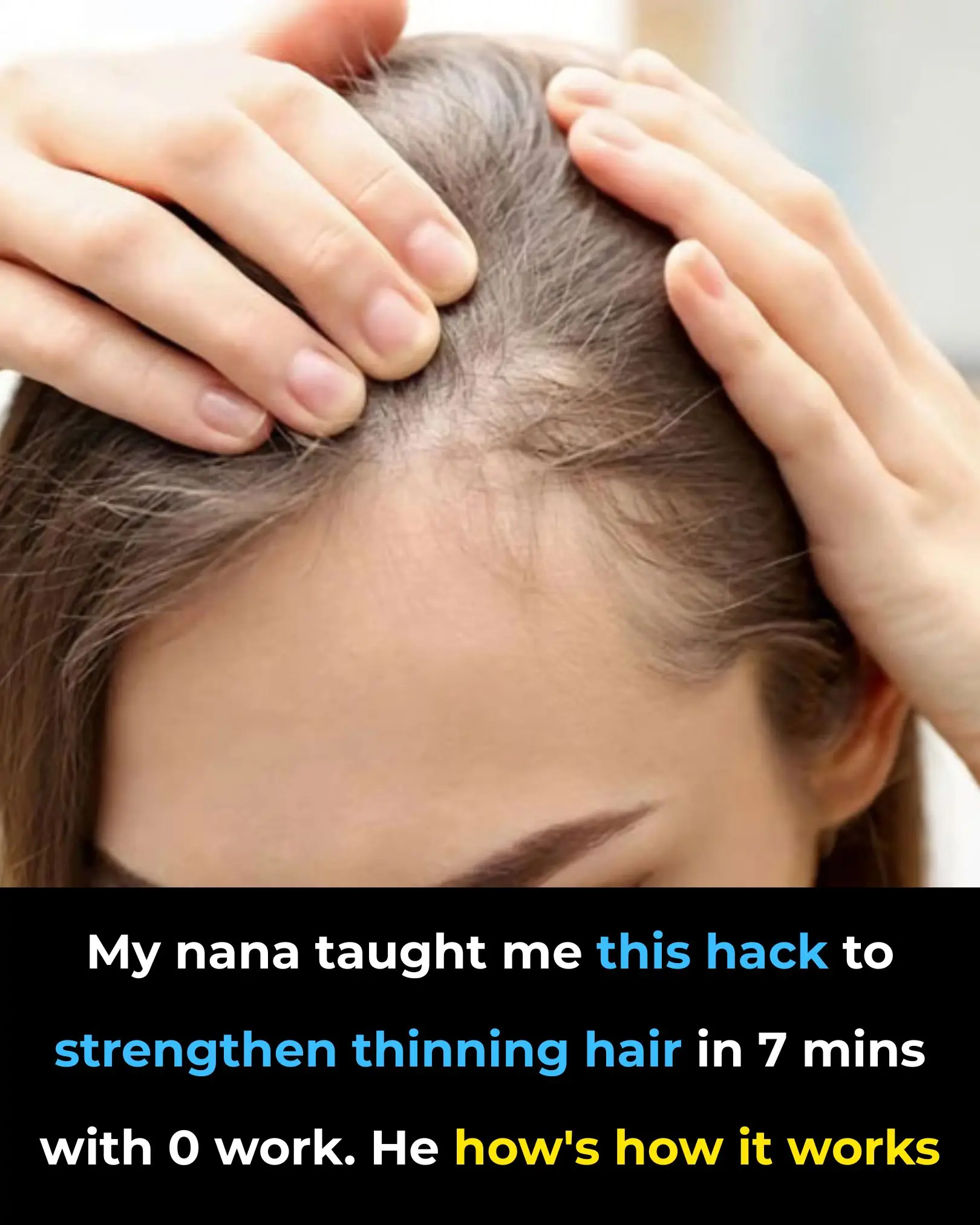
My nana taught me this hack to strengthen thinning hair in 7 mins with 0 work. Here’s how it works
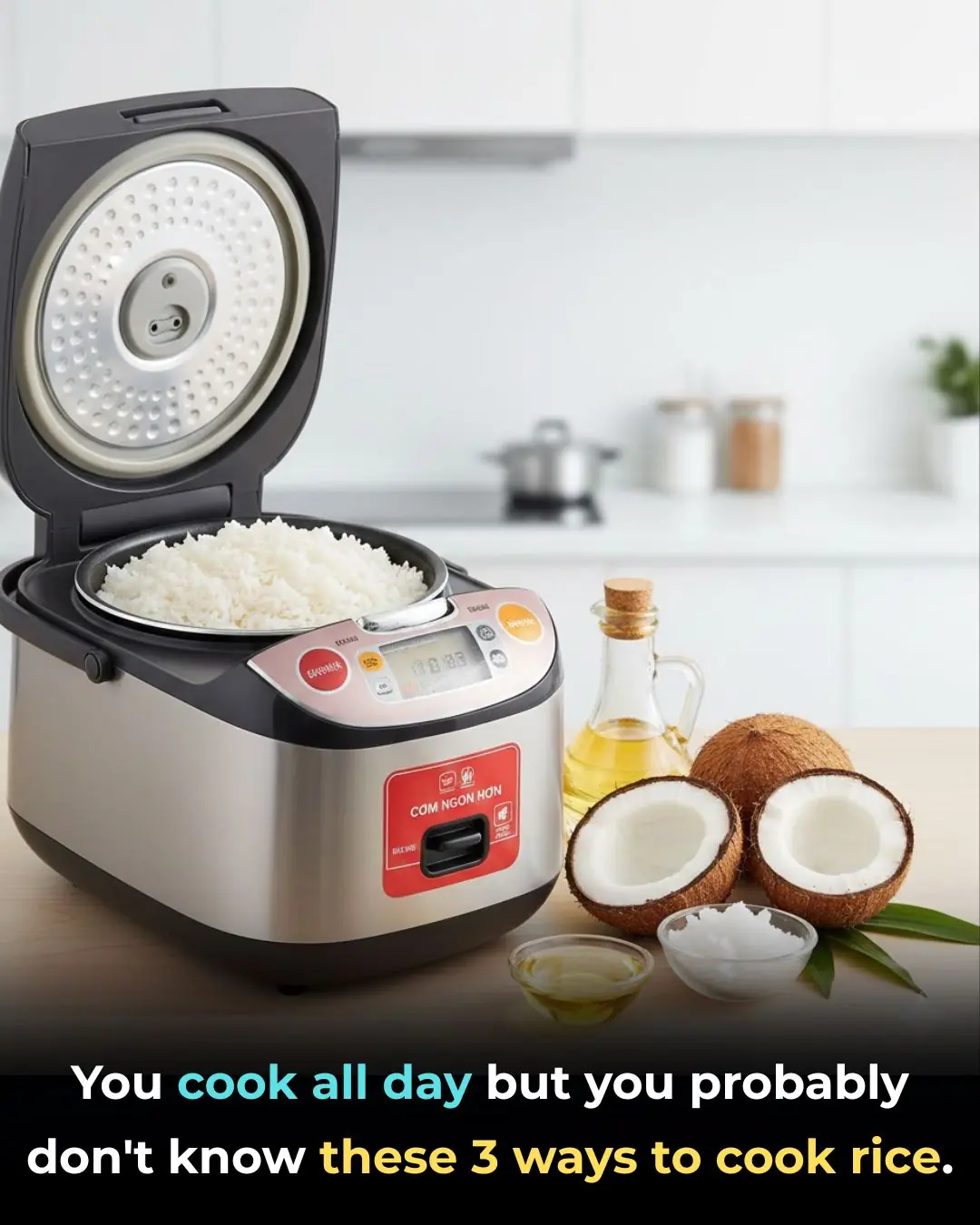
You cook all day but you probably don't know these 3 ways to cook rice.
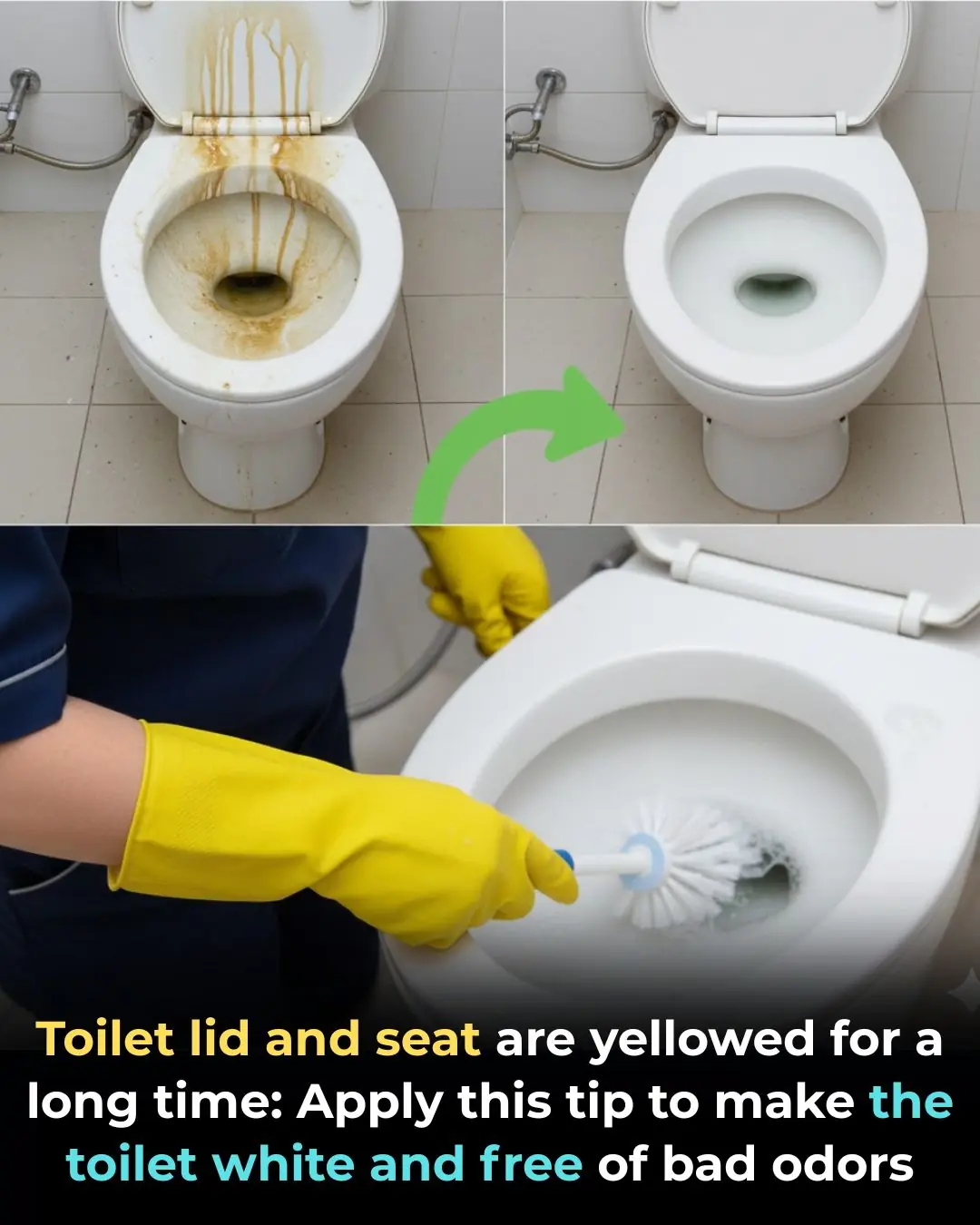
Toilet lid and seat are yellowed for a long time: Apply this tip to make the toilet white and free of bad odors
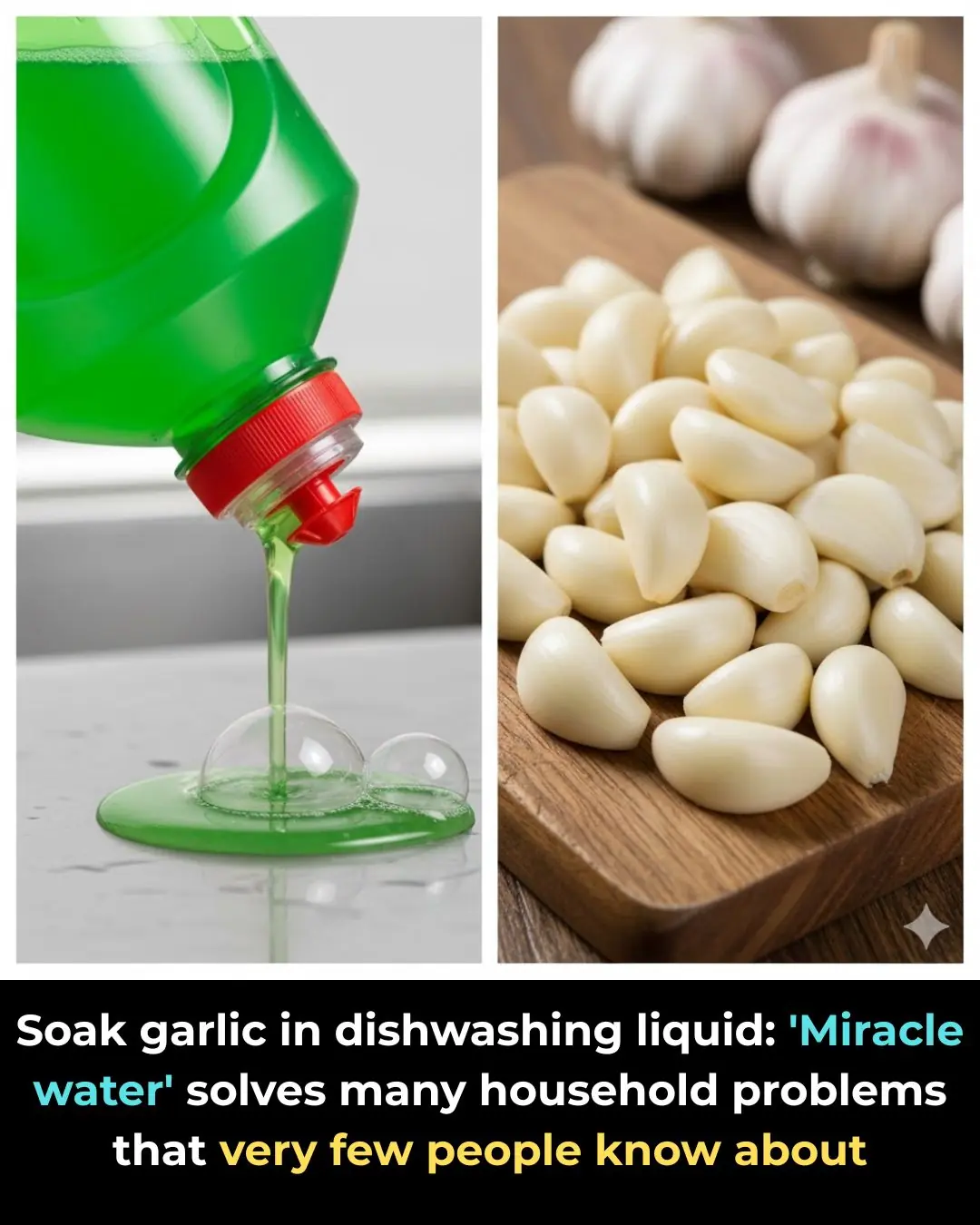
Soak garlic in dishwashing liquid: 'Miracle water' solves many household problems that very few people know about
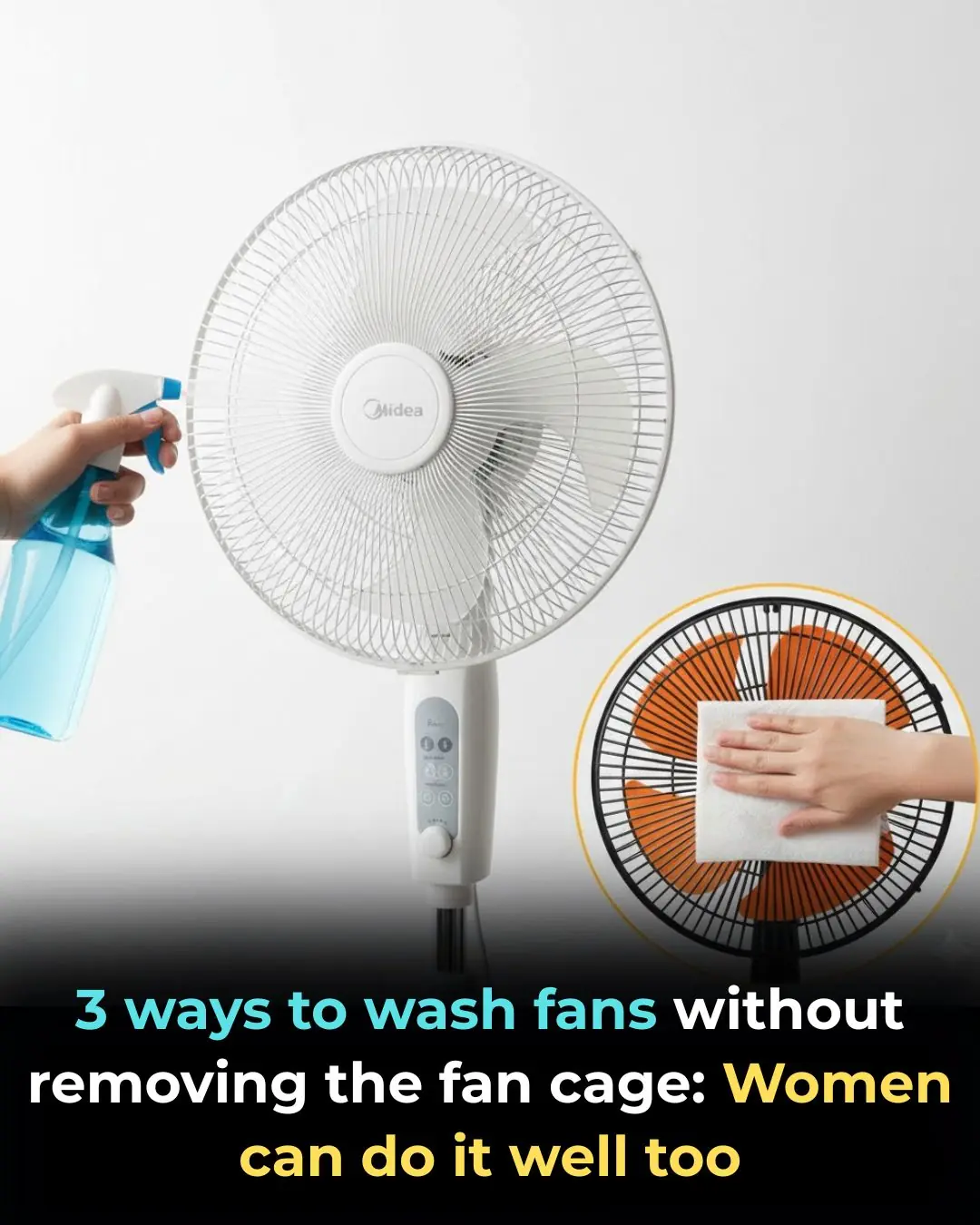
3 ways to wash fans without removing the fan cage: Women can do it well too

How to grow bitter melon to produce fruit and provide shade in your home garden
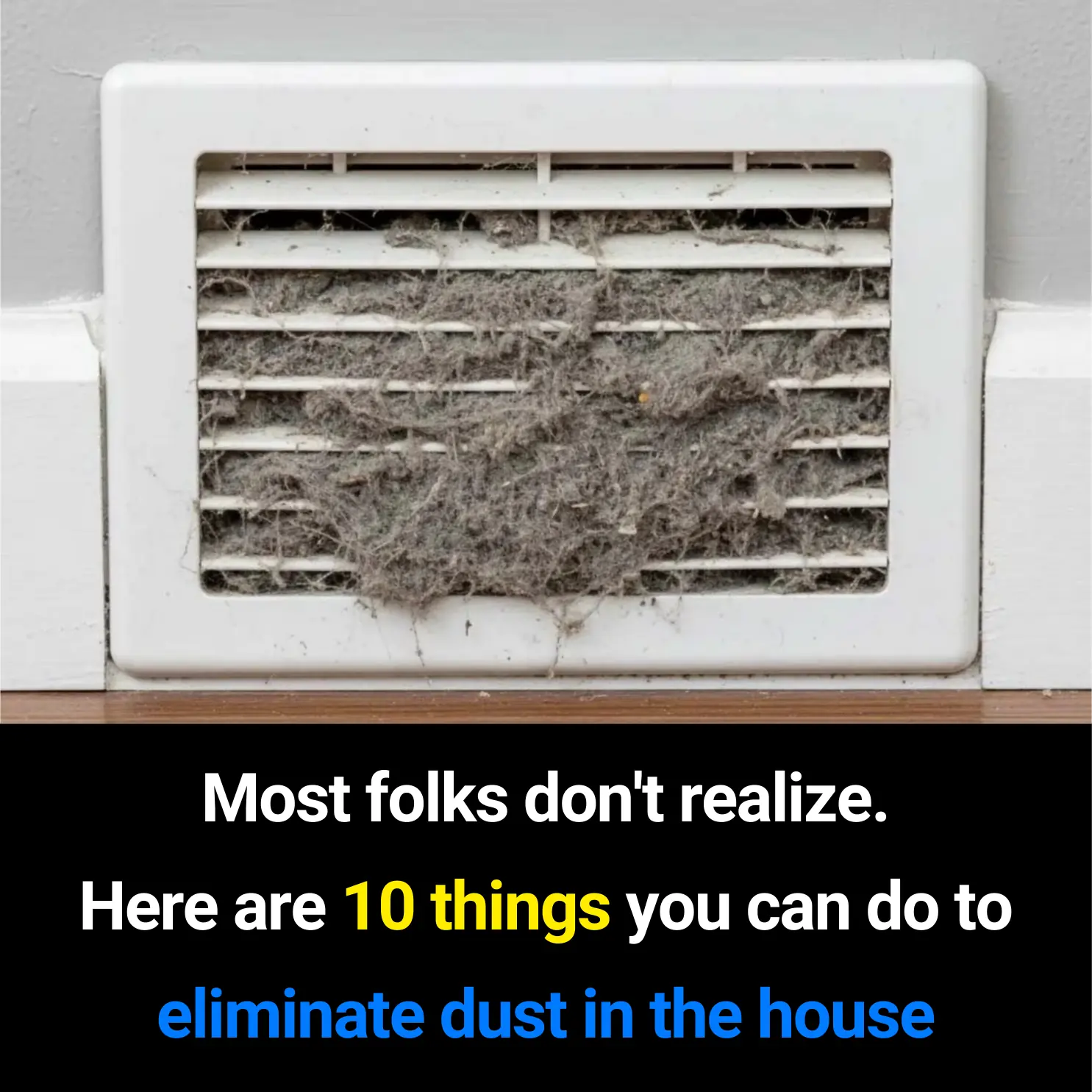
10 Effective Ways to Reduce Dust in Your Home – Keep Your Living Space Clean and Healthy
News Post

DIY Vaseline Cream: The 4-Ingredient Glow Hack That Makes Your Skin Baby-Soft Overnight

DIY Fenugreek Hair Masks for Hair Growth & Reducing Hair Fall

Will Americans Receive $2,000 Stimulus Checks? What You Need to Know

Revolutionary Miniature Implant Offers New Hope for Restoring Vision in Macular Degeneration Patients

A Simple Superfood That Enhances Your Baby's Brain Development During Pregnancy

Why Some Children Don’t Visit Their Parents Often

Don’t Drink Coconut Water Before You Know These 11 Secrets!
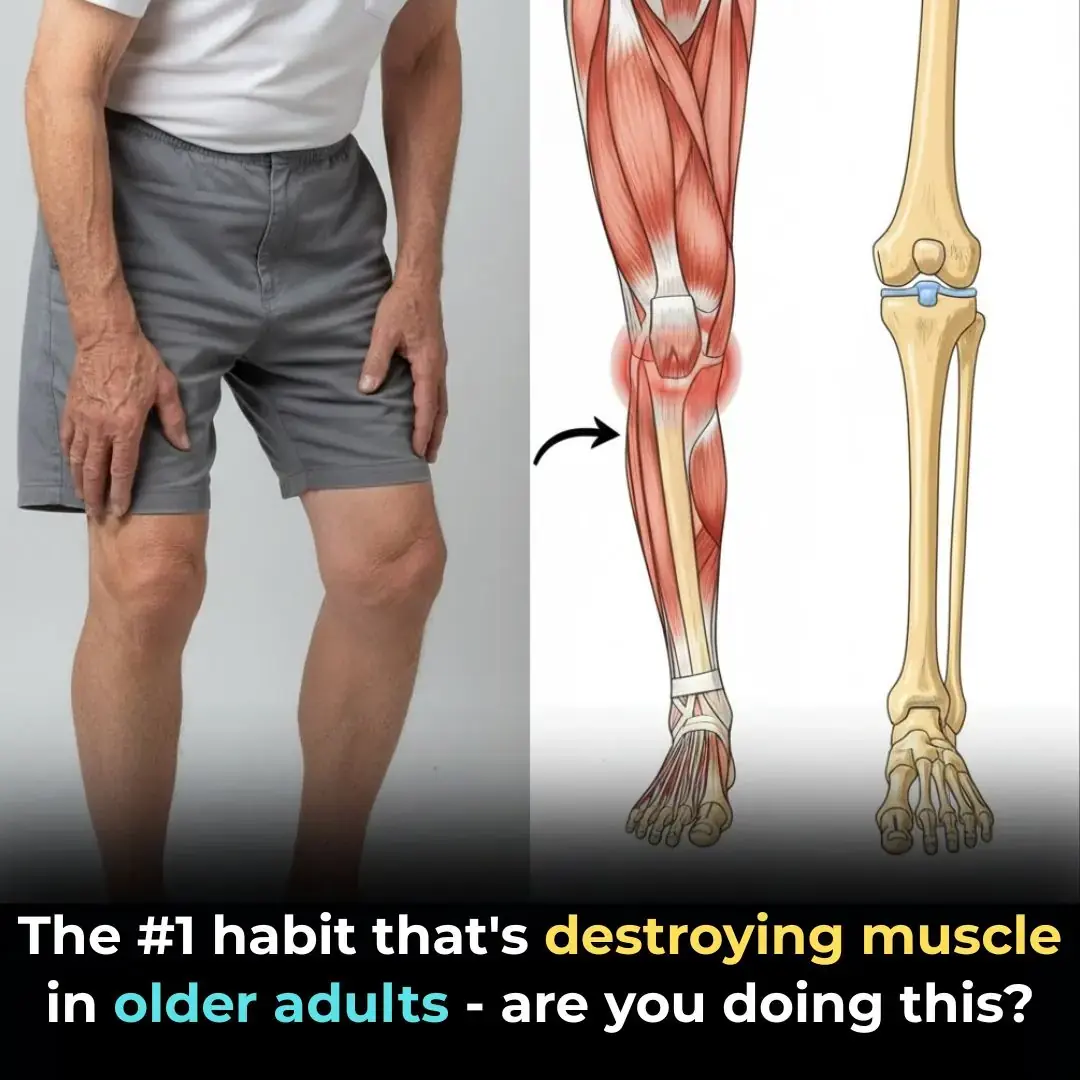
The #1 habit that’s destroying muscle in older adults—are you doing this?

Tomato Benefits for Skin – How Tomato Slices Can Transform Your Skin Naturally

This Plant Is Tastier Than Meat! 8 Reasons to Keep It in Your Garden

Walnuts Feed Your Microbiome: The Small Superfood That Transforms Your Gut and Your Mood

3 Steps Skin Care To Get Dewy Glass Skin

What happens when you start eating chia seeds every day

Why You Should Stop Using Petroleum Jelly On Your Skin (It’s a Byproduct of the Petroleum Manufacturing Process)

14 Reasons to Drink Lemon Water First Thing in the Morning

Had no clue about this

Scientifically Proven Health Benefits of Cayenne Pepper

Why Does Your Refrigerator Frost Over and Does It Increase Electricity Consumption?
